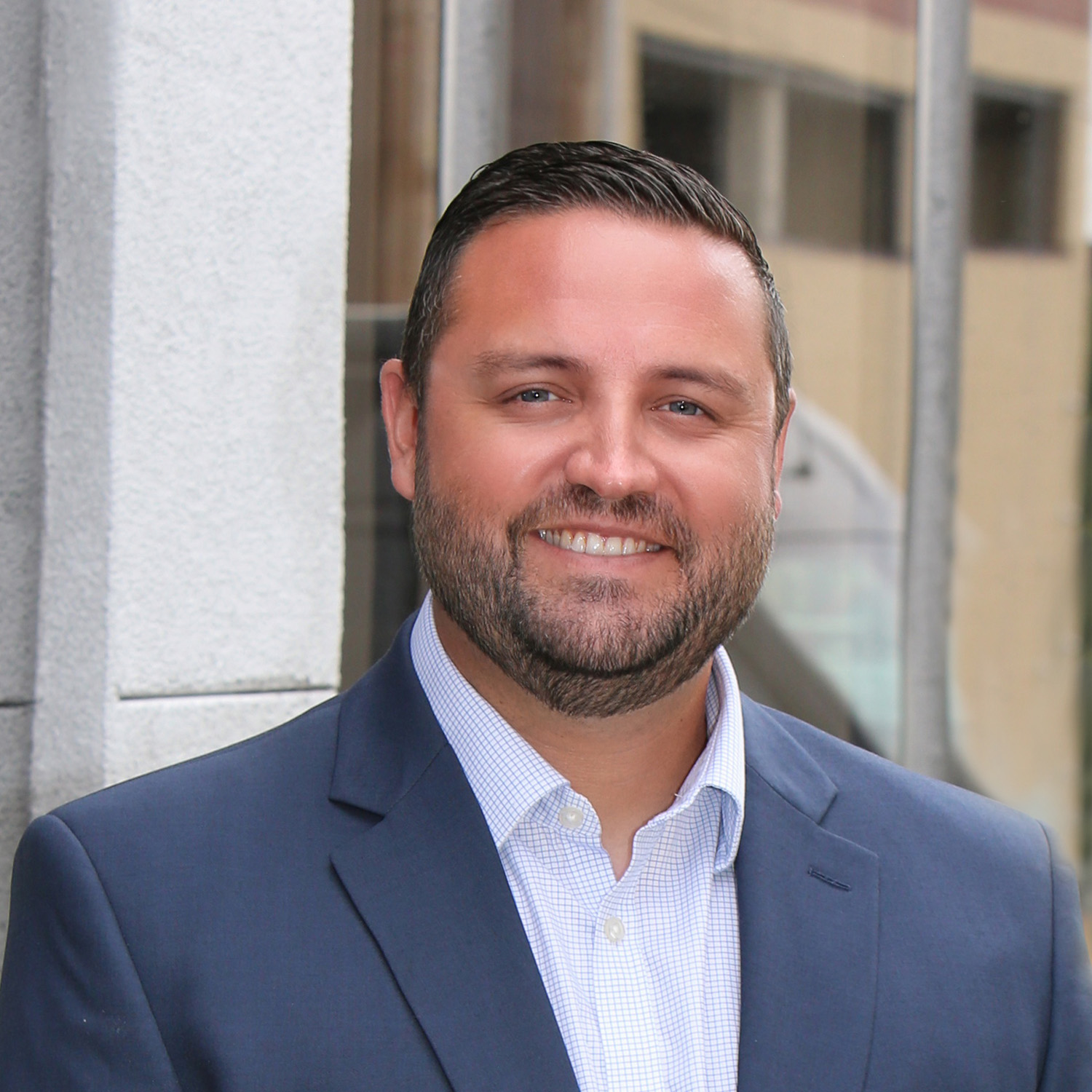Gary Brons, MBA
Vice President, Water
✉
As Vice President of Water, Gary oversees all water and wastewater-related projects for McClure. Gary’s involvement includes managing projects in water and wastewater treatment, conveyance, pumping, and distribution systems. He has a thorough understanding of the regulatory policies, design standards, and funding programs. His experience has focused primarily on water treatment facilities, wastewater treatment facilities, lift stations, booster pump stations, sanitary sewers, water mains, water storage facilities, rate studies, and capital improvement planning. While managing projects, he works with communities to determine the best way to finance the improvements. This has included, SRF, CDBG, EDA, USDA-RD, Revenue Bonds, GO Bonds, and TIF along with negotiating agreements with major utility customers.

















